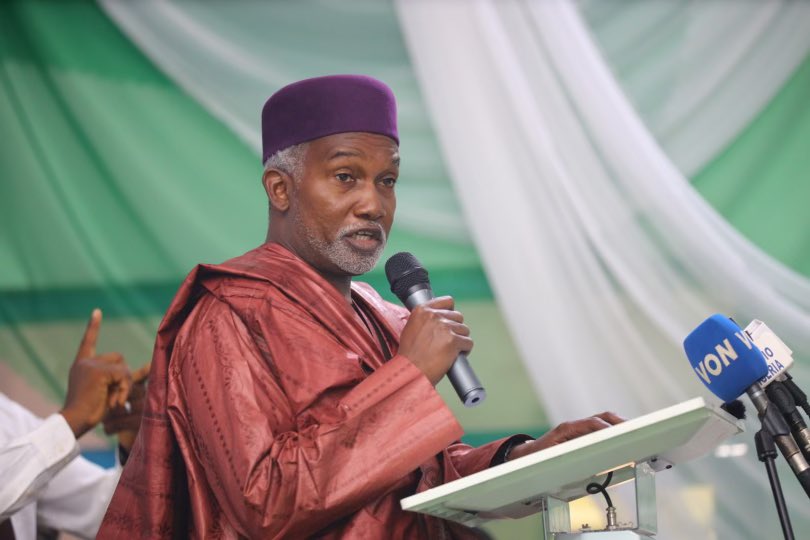On Thursday, during the Nordic-African Business Summit in Oslo, Foreign Minister Yusuf Tuggar outlined the imperative for enhanced economic collaboration between the Nordic region and Africa. He emphasized the vast growth prospects available within Africa despite the backdrop of ongoing global challenges, including increasing inequality, geopolitical tensions, and rising protectionism. Tuggar’s remarks were made in the presence of various dignitaries, including Norway’s Minister of International Development and officials from Cote d’Ivoire, underscoring the summit’s significance in fostering dialogue and partnership between the regions.
In his address, Tuggar painted a stark picture of the global economic and geopolitical landscape, highlighting the adverse effects of recent events such as the Ukraine conflict and rising instability in the Sahel. He articulated the dangers associated with a retreat from globalization and the resurgence of protectionist policies, which undermine the interconnectedness that had previously characterized global trade. He noted that while the Inflation Reduction Act in the U.S. has provided some economic stability, the broader context reflects a troubling return to trade barriers and geopolitical competition.
Despite these global challenges, Tuggar highlighted Africa’s immense potential for economic growth, asserting that Nordic countries have a unique opportunity to engage with the continent’s burgeoning markets. He pointed to the African Continental Free Trade Area (AfCFTA) as a pivotal force that could significantly boost intra-African trade by eliminating tariffs and enhancing market accessibility. Tuggar expressed confidence that early investors would reap substantial rewards from Africa’s underexploited markets, noting that currently only a limited percentage of Africa’s exports remain within the continent compared to the far higher ratios seen in Europe and Asia.
Tuggar emphasized the need for Norwegian companies to increase their investments in Africa, highlighting the current state of trade which stands at a mere $8.5 billion. He underscored that this figure represents an insufficient engagement given the continent’s potential, particularly citing Nigeria as a prime example. He pointed out Nigeria’s thriving fintech sector, renewable energy initiatives, and its young, rapidly expanding population, projecting that the youth demographic will reach 400 million by 2050.
In addition to urging increased private sector involvement, Tuggar acknowledged the work of Norfund, Norway’s investment fund focusing on developmental initiatives in Africa. He reiterated the necessity of private investments, especially in energy projects aimed at transitioning Africa towards sustainable energy solutions. Rather than seeking charity, Tuggar emphasized that Africa is ready for genuine partnerships that prioritize mutual benefit, thus inviting Norwegian companies to recognize the symbiotic growth opportunities available in African markets.
In conclusion, Tuggar’s call for partnership and investment reflects a broader vision of economic collaboration that considers Africa not just as a destination for aid but as a thriving frontier for business opportunity. The summit served as a platform for fostering meaningful dialogue that could lead to transformative partnerships, ultimately reshaping the dynamics of trade and investment between the Nordic countries and the African continent. As the global landscape continues to shift, nurturing these connections will be essential for unlocking the full potential of Africa’s diverse economies.


